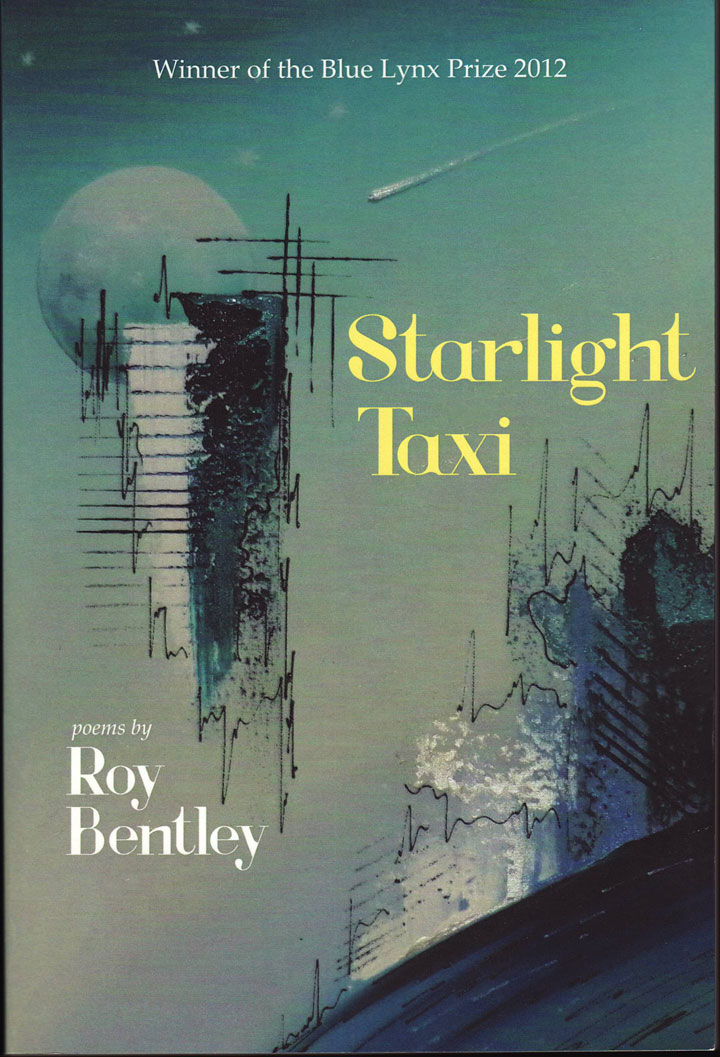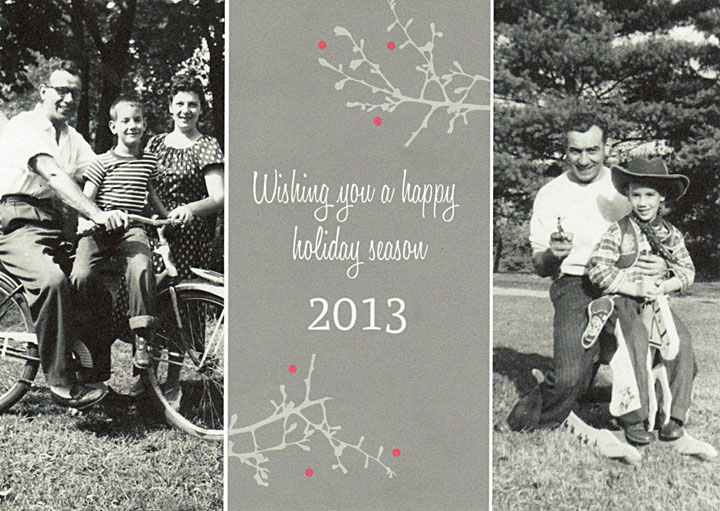This is my work, as the plow unearths
its burden of hunger from the page: seagulls,
their wheeling cry and strut among dumpsters,
pigeons, like Russian women knotted down
by their scarves, stooping and pecking
under park benches for that last morsel,
even the mouse, caught in a dishtowel at Greyfriar’s—
“The wee mice come free,” the barmaid quips,
and the meal continues with the mouse, the pigeons,
the seagulls on the windowsill, with the man hunkered
down on Cockburn St. with his blanket and pet ferret,
with all of us scavengers, not long for this world.



